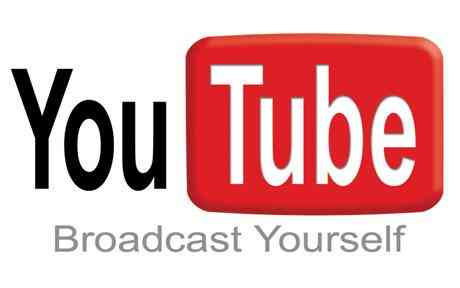By Claudine Beaumont, Technology Editor 1112AM GMT nineteen March 2010
Comments 2 |
 A new fight of difference has erupted in in in between Google and Viacom after justice papers in their long-running copyright brawl were done open
A new fight of difference has erupted in in in between Google and Viacom after justice papers in their long-running copyright brawl were done open The ultimate revelations come after formerly hermetic papers in the long-running certified brawl in in in between Google, that owns YouTube, and Viacom, primogenitor association of movie college of music Paramount and MTV Networks, were done public.
They embody email exchanges in in in between YouTube"s founders Chad Hurley, Steve Chen and Jawed Karim that crop up to admit that the site was "starting to get out of carry out with copyrighted material".
Google Street perspective in new row Seagull "with one wing" prisoner on Google Street View Death of the transport leaflet as holidaymakers go online Giant pliers over West Brom Google is "positive force" in China, says Wales Google and Sony "to set up Android-based televisions""Jawed, greatfully stop putting stolen videos on the site," Chen wrote in a Jul 2005 email to Jawed Karim. "We"re going to have a difficult time fortifying the actuality that we"re not probable for the copyrighted element on the site since we didn"t put it up when one of the co-founders is blatantly hidden calm from alternative sites, and perplexing to get everybody to see it."
Google, that paid for YouTube for $1.65 billion in 2006, countered the revelations by alleging that Viacom had sought to murky the waters per copyrighted videos on the site by removing the employees to upload clips to YouTube and have them see as though they had been posted there by particular users.
"For years, Viacom invariably and personally uploaded the calm to YouTube, even whilst publicly angry about the participation there," wrote Zahavah Levine, YouTube"s arch counsel, on the company"s blog. "It on purpose "roughed up" the videos to have them see stolen or leaked. It non-stop YouTube accounts utilizing phoney email addresses. It even sent employees to Kinko"s to upload clips from computers that couldn"t be traced to Viacom.
"And in an bid to foster the own shows, as a have a difference of association policy, Viacom customarily left up clips from shows that had been uploaded to YouTube by typical users. Executives as high up as the boss of Comedy Central and the head of MTV Networks felt "very strongly" that clips from shows similar to The Daily Show and The Colbert Report should sojourn on YouTube."
Levine pronounced there was thus "no way" YouTube could have well known that Viacom calm was or was not certified to crop up on the site, and pronounced that the legislative shift sought by Viacom as piece of the $1 billion copyright transgression authorised box opposite Google would theme websites to "crushing liability" if they authorised any copyrighted calm to trip by the net.
Viacom that filed the authorised box opposite Google in 2007 responded to the allegations by observant that YouTube was a commercial operation "intentionally built on [copyright] infringement", and that Google "wilfully and knowingly" chose to spin a blind eye to the series of copyright-infringing videos that existed on the site.
"Google and YouTube had the record to stop transgression at any time but on purpose chose not to have make use of of it," pronounced Viacom in a statement. "They would usually suggest to strengthen Viacoms calm if Viacom concluded to permit those works, effectively holding copyright insurance as ransom for a license.
"The law is transparent that Google and YouTube are probable for their transgression ... The statements by Google per Viacom activities are merely red herrings and have no aptitude on the certified contribution of this case."
Google has taken stairs in new years to fight critique from calm providers that it is a "haven" for copyrighted material, such as introducing ContentID, a copyright "fingerprinting" complement that allows rights holders to retard or have income from unapproved have make use of of of their material.
The poke association additionally pronounced that it is stable underneath "safe harbour" clauses in the US Digital Millennium Copyright Act, that protects internet services from the actions of their users.
0 comments:
Post a Comment